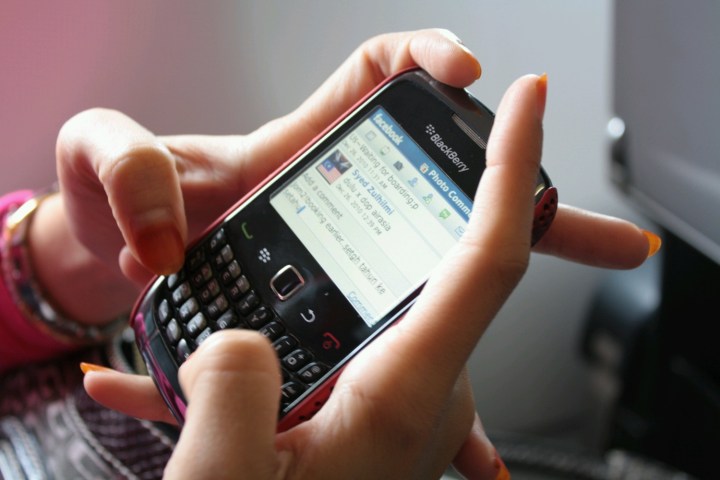
And now Facebook has, indeed, decided to stop supporting the platform by the end of the year, meaning users will have to hit the mobile site to continue using the social networking service on their devices.
In a recent post on the Inside BlackBerry blog, the company’s senior marketing manager Lou Gazzola said his team was “extremely disappointed” with Facebook’s decision, “as we know so many users love these apps.”
Gazzola continued, “We fought back to work with WhatsApp and Facebook to change their minds, but at this time, their decision stands.”
The post also talked of an ongoing search for “alternative solutions.” Gazzola apparently believes that people power could still win the day, encouraging dismayed users to express their disappointment about the social networking giant’s decision by taking to social media using the hashtag #ILoveBB10Apps.
WhatsApp announced last month that it’s decided to end support for a number of mobile platforms, including BlackBerry 10, “by the end of 2016.”
“While these mobile devices have been an important part of our story, they don’t offer the kind of capabilities we need to expand our app’s features in the future,” the company said at the time.
Even BlackBerry itself has been examining the viability of its own mobile platform. It said earlier this year that while it will continue to support BB10, it won’t be launching any phones for it this year, switching its attention instead to Android devices.
Having seen its mobile business decimated in recent years by the rise of iOS and Android, BlackBerry decided rather late in the day to tackle the crisis by launching its very first Android phone, the Priv. The phone, which includes a slide-out keyboard as one of its main features, went on sale toward the end of 2015, and was followed by confirmation from CEO John Chen that the company would this year be producing Android handsets only.
Editors' Recommendations
- Are WhatsApp and Facebook down? Here’s what you need to know
- You’ll soon be able to use WhatsApp on more than one phone
- WhatsApp to end support for older iPhones in coming months
- BlackBerry is better off dead
- The BlackBerry Key2 shows why software updates really matter


